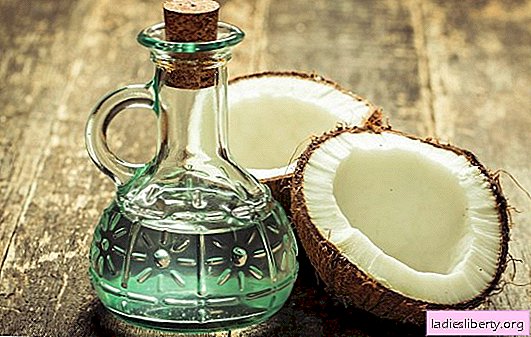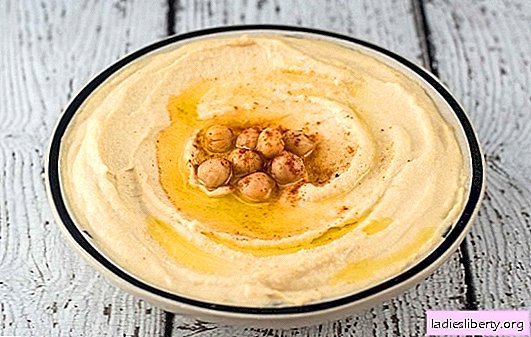
Coconut oil used to be found only in Asian grocery stores or health food supermarkets. However, coconut vegetable fat is becoming increasingly popular and is now available in many stores. In recent years, coconut oil has repeatedly been touted as a true "miracle and cure." But how useful is it really?
Coconut Oil - A Popular Substitute for Sunflower Oil
In recent years, coconut oil has also hit the local cuisine. Vegetable oil is suitable for frying and cooking food. However, some studies show that coconut oil is not healthier than other fats.
Due to the content of lauric acid, coconut oil is used as an insect repellent. The oil is especially popular because of its taste and health benefits. Nevertheless, a positive effect on the body is also in doubt.
Doubtful Health Benefits
According to an American study, coconut oil is unhealthy like other fats. The authors of the study published the results in the journal Circulation.
Specialists from the American Heart Association note that the consumption of fats and oils plays an important role in the development and prevention of cardiovascular disease. According to experts, a lower intake of saturated fatty acids reduces the risk of developing diseases of the cardiovascular system. But coconut oil contains a lot of saturated fats - 82% of saturated fatty acids.
Scientists recommend reducing the amount of saturated fat.
They are found especially in butter, cheese, red meat and other animal products. Instead, there should be more unsaturated fatty acids on the menu. They are found in oily fish, nuts, legumes and avocados.
Criticism of criticism
Although coconut oil actually contains about 92% saturated fatty acids, this does not imply any harm to health. A scientific skeptic from Cambridge University has pointed out several studies and scientific papers that refute the causal relationship between fat and heart attack.
Health experts point out that valuable coconut oil contains more medium chain triglycerides. Other vegetable fats contain significantly less of these healthy fats.
Medium chain triglycerides are processed into the so-called “ketones” in the liver and transported to the brain. Ketones are high-quality energy sources for nerve cells.
Studies show that coconut oil slows the progression of brain diseases - Alzheimer's or Parkinson's. Medium chain fatty acids also include the so-called "lauric acid," which is considered a weight loss product.
Studies have shown that medium chain triglycerides help in weight loss, but only short-term effects have been studied. Obviously, weight loss only works if the menu has less carbohydrates and more healthy fats - omega-3 fatty acids.
No harmful trans fats
Coconut oil is the only soft-pressed vegetable oil that does not release harmful trans fats at high temperatures. In addition to the health benefits, coconut oil has a good taste. Coconut milk can give a pleasant, fresh, sweet taste to food and enrich the kitchen.
When buying coconut oil, you should make sure that "natural" is indicated on the glass. The natural product is obtained from the fruits of organic farming and squeezed from ripe fruits. Oil from unripe nuts stored for months has a slightly rancid taste.
Unlike palm oil, which is also solid at room temperature and looks like white fat, coconut oil is usually not processed industrially.
Palm oil is tasteless after heating, curing and bleaching and is used in the food industry as a substitute for coconut. It is not recommended to use palm oil, as its harm has been repeatedly proven in large studies.











